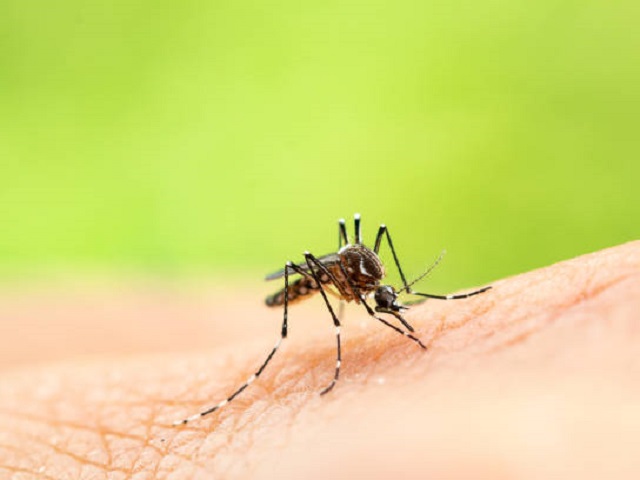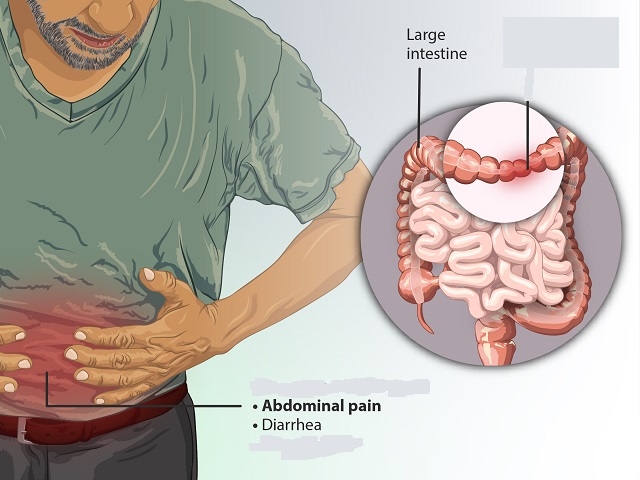9 Signs You May Have Dengue Fever -- Symptoms, Causes, Effects, Treatment and Prevention
Dengue fever is a viral infection transmitted by mosquitoes, primarily the Aedes aegypti mosquito. It is a common mosquito-borne disease in tropical and subtropical regions, causing a range of symptoms from mild flu-like symptoms to severe manifestations.
Symptoms of Dengue Fever
The symptoms of dengue fever may vary, but common signs and symptoms include:
- High fever
- Severe headache
- Joint and muscle pain
- Rash
- Nausea and vomiting
- Eye pain
- Fatigue
- Mild bleeding, such as nose or gum bleeding
- Diagnosis of Dengue Fever
Diagnosing dengue fever involves a combination of clinical assessment and laboratory tests. A healthcare professional will evaluate the symptoms, medical history, and perform blood tests to detect the presence of the dengue virus or its antibodies.
Causes of Dengue Fever
Dengue fever is caused by any of the four dengue virus serotypes (DEN-1, DEN-2, DEN-3, and DEN-4) transmitted to humans through the bite of infected Aedes mosquitoes. These mosquitoes typically breed in stagnant water sources near human settlements.
Effects of Dengue Fever
While most cases of dengue fever result in a self-limiting illness, a small percentage can progress to severe dengue, also known as dengue hemorrhagic fever or dengue shock syndrome. Severe dengue can cause plasma leakage, bleeding, organ impairment, and can be life-threatening if not managed promptly.
Treatment of Dengue Fever
There is no specific antiviral treatment for dengue fever. Treatment focuses on symptom relief and supportive care, which may include:
- Rest and hydration: Adequate rest and increased fluid intake to prevent dehydration.
- Pain relief: Over-the-counter pain relievers like acetaminophen can help reduce fever and alleviate pain.
- Medical supervision: Close monitoring of symptoms and vital signs, especially in severe cases requiring hospitalization.
- Intravenous fluid therapy: For severe cases, intravenous fluid replacement may be necessary to maintain fluid balance.
- Blood transfusion: In rare cases of severe bleeding or low platelet count, blood transfusion may be required.
Prevention of Dengue Fever
Prevention of dengue fever primarily involves mosquito control measures, including:
- Eliminating breeding sites: Removing stagnant water sources such as containers, discarded tires, or flower pots that can serve as mosquito breeding grounds.
- Use of mosquito repellents: Applying mosquito repellents containing DEET, picaridin, or oil of lemon eucalyptus to exposed skin and clothing.
- Protective clothing: Wearing long-sleeved shirts, long pants, socks, and shoes to minimize mosquito bites.
- Bed net usage: Sleeping under bed nets, particularly in areas where Aedes mosquitoes are prevalent.
- Environmental management: Implementing community-based efforts to reduce mosquito populations and raise awareness about dengue prevention.
References:
World Health Organization. (2021). Dengue and Severe Dengue. Retrieved from https://www.who.int/news-room/fact-sheets/detail/dengue-and-severe-dengue
Centers for Disease Control and Prevention. (2021). Dengue. Retrieved from https://www.cdc.gov/dengue/index.html
Mayo Clinic. (2020). Dengue fever. Retrieved from https://www.mayoclinic.org/diseases-conditions/dengue-fever/symptoms-causes/syc-20353078


















